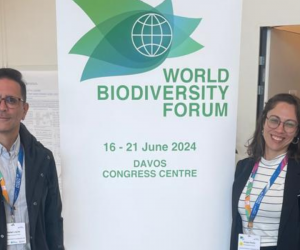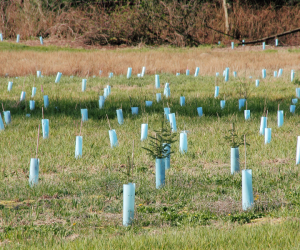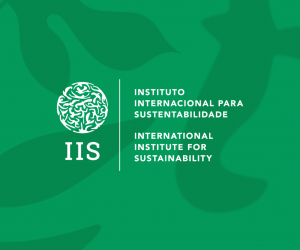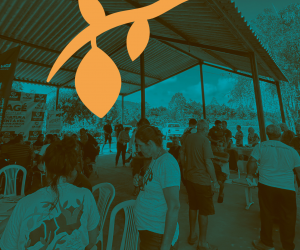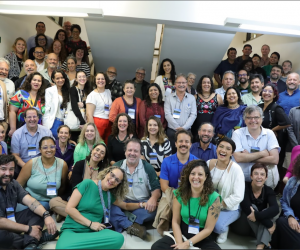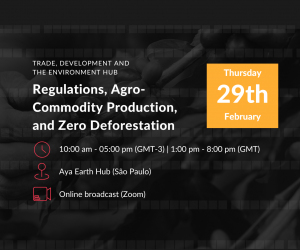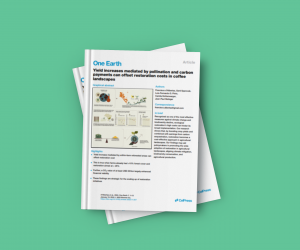Publications > Summary
Policy Brief: Moving towards a sustainable soybean supply chain – a sustainable policy toolbox for Brazilian stakeholders and other global actors
Despite the increase in sustainability policies and measures in the soybean supply chain seen in recent years, the growing expansion of the sector has kept the crop associated with negative socio-environmental impacts. None of the interventions has proven to be entirely successful, remaining open to the question of how to best design and harmonise sustainable policy instruments for the sector. Seeking to contribute to this discussion, we collaborated with the policy brief: “Moving towards a sustainable soybean supply chain – a sustainable policy toolbox for Brazilian stakeholders and other global actors.”
In the publication, we describe the main features of the Brazilian soybean supply chain and its impacts. We then organise different measures into broad institutional categories, such as international agreements, national regulations, and voluntary initiatives, and analyze their strengths and limitations. As a result, we developed an original visualization framework to position the various proposals within a broader institutional landscape, pointing out their jurisdictional boundaries and highlighting the set of stakeholders vested with the power to influence them. In summary, we come to three main conclusions:
- The same tool can have heterogeneous impacts on different communities and territories – both below and beyond national-level boundaries;
- While sustainability measures in the soybean supply chain have increased in number and diversified in their scope, their level of integration and harmonisation is still limited, requiring further efforts for the identification of the optimal policy mix to ensure their effectiveness;
- Different measures typically address only a narrow set of dimensions of the broader social and environmental sustainability spectrum, and the level of integration of different instruments across geographies and stakeholders appears to be still limited to address global sustainability concerns in an harmonised and holistic manner.
This output was produced by IIS and funded by the UK Research and Innovation’s Global Challenges Research Fund (UKRI GCRF) under the Trade, Development and the Environment Hub project (project number ES/S008160/1).

